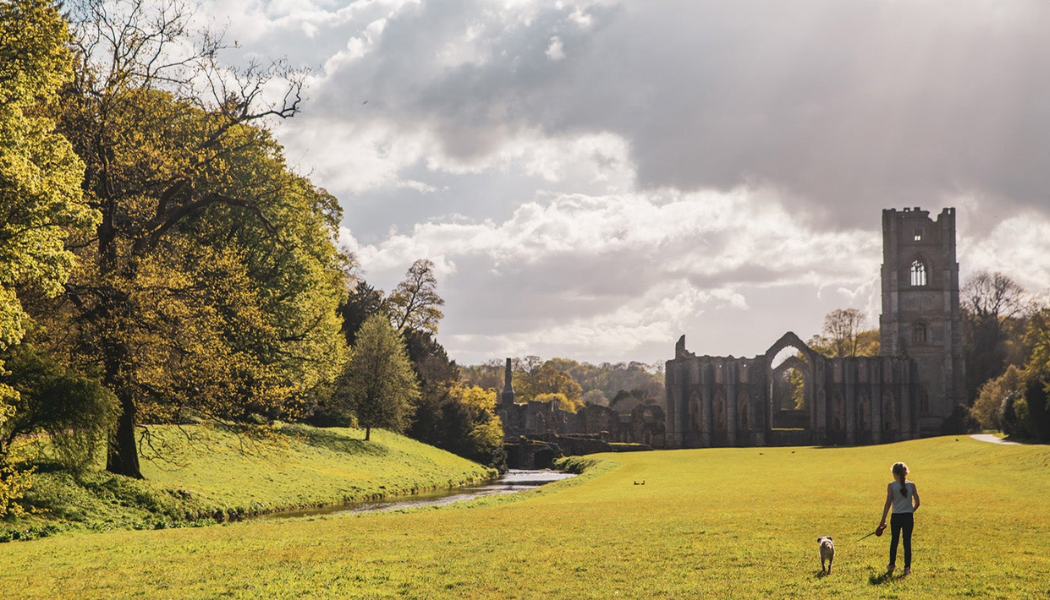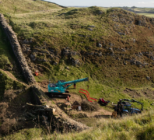The National Trust has set out a series of ‘red lines’ that it says cannot afford to be crossed in the government’s proposed new investment zones.
In a statement, the Trust shared growing concerns over proposals to “rip up critical nature protections”, and remove planning regulations in the investment zones, and review environmental farming subsidies.
The government’s investment zones, which are to be set up via application from local councils, have been designed to remove ‘red tape’, promising “lower taxes and streamlined planning rules for specific sites”.
Through these investment zones, the government said, local places can proceed with “planning that is right for their area, while maintaining high environmental outcomes and keeping national Green Belt protections in place”.
The government has said that local areas must agree in the EOI process to require mitigation of any adverse environmental impacts of the proposed development.
But the Trust said there is “a difference between ‘red tape’ and crucial protections that safeguard the wildlife, landscapes and buildings that matter to people” .
The Trust has warned that benefits to planning and investment “must not come at ‘wholesale’ cost to the environment”.
Instead, the Trust says, “it should be rooted in green jobs, sustainable food production, clean energy and protected nature, heritage, and outdoor space.
It has outlined seven ‘red lines’ for the new investment zones
- The government should prioritise green growth (including the 440,000 green jobs promised in the Net Zero Strategy)
- Any changes to existing laws must not water down critical protections for the environment and heritage
- New investment zones must not create grey zones devoid of nature or historic character in which people have no say about the development that impacts them
- New farm payments must keep the same level of commitment to reward farmers for public goods, from cleaner rivers to healthier soils and protecting our cultural heritage
- Government should listen and collaborate with the public, as well as conservation charities, farming groups, businesses and others who can inform decision making on what they propose
- Any changes to Government and its agencies must not adversely affect their ability to deliver on manifesto commitments, such as protecting 30% of the UK’s land for nature by 2030
- The Government must stay true to its net zero legal obligation and strategy – but fracking is not the answer
Harry Bowell, Director of Land and Nature at the National Trust, said: “It is a myth that we can’t grow the economy and the environment together. Far from it. Healthy soils and clean water underpin sustainable food production, keeping food on our plates and providing for our next generations.
“What we cannot have is growth at any cost. If we tarmac over green space, if we allow a planning free-for-all in our towns and cities, if we don’t invest in nature – then we put economies, livelihoods and wellbeing in danger. People need green space, they need local heritage and character, and they need a say in shaping the places where they live. We need to pursue growth with deeper roots.”
Bowell continued: “Too often the protections that keep our magnificent ancient trees standing, our seas and rivers clean, and our wildlife from dying out completely are dismissed as red tape. But once these natural assets are gone, we cannot get them back.”










